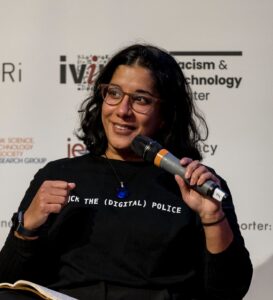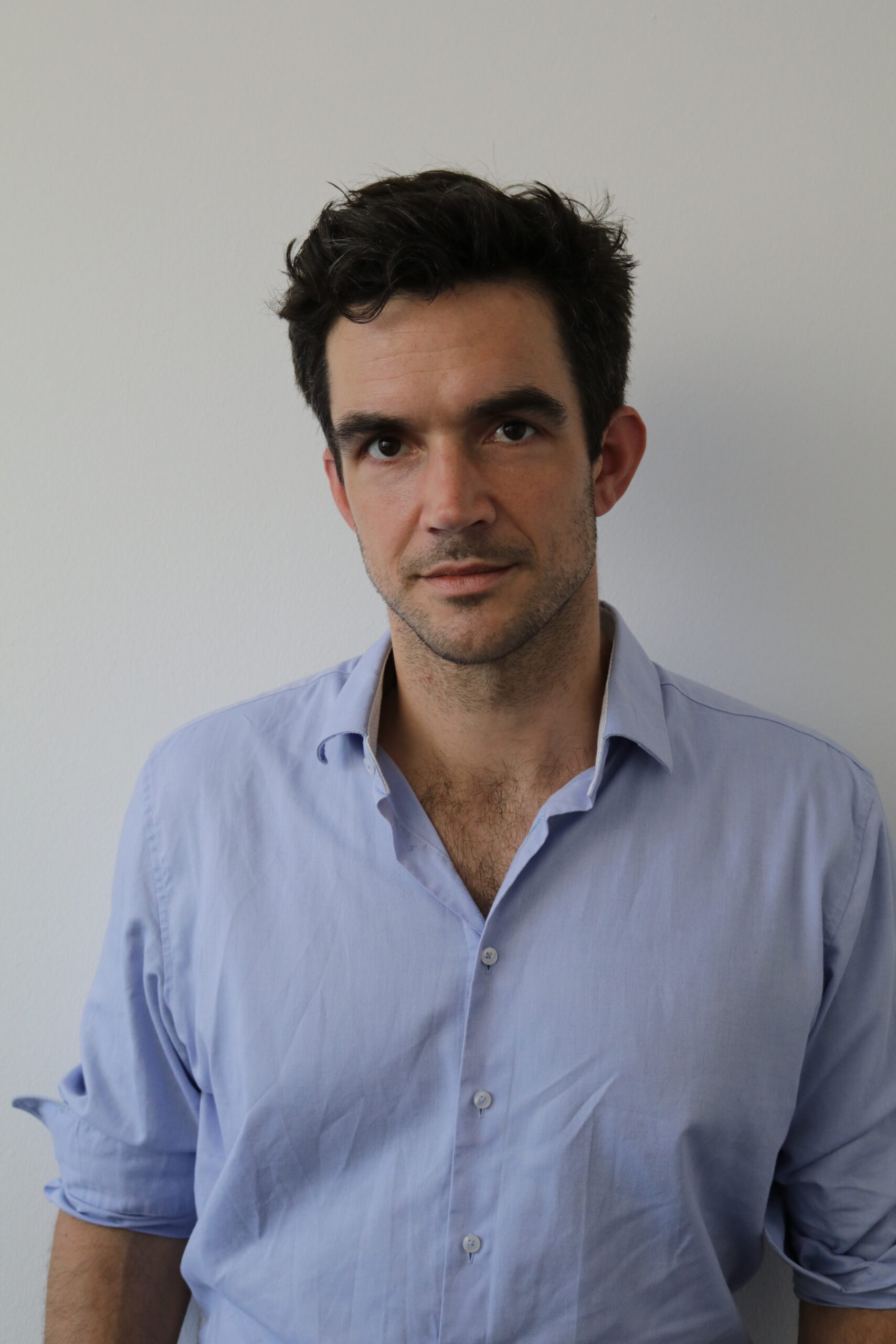 ◉ PLENARY – FUTURE OF EUROPE: DEMOCRACY IN THE BALANCE
◉ PLENARY – FUTURE OF EUROPE: DEMOCRACY IN THE BALANCE
Democracy in Europe is facing significant challenges, not from outright abolition but through insidious erosion. Leaders like Orbán and Meloni, cloaked in the language of democracy, are redefining its tenets into illiberal, exclusionary models that sideline participation, minority rights, the rule of law, and media freedom. Against this backdrop of realignment—shaped by far-right populism, Euro-white Christian nationalism, and the allure of “strong leader” democracies—the question is no longer just about safeguarding democracy but about defining and promoting the kind of democracy we want to build and defend.
This plenary brings together experts and frontliners from diverse perspectives to analyse these shifting forces and explore what is changing in the European democratic landscape. What strategies can Greens and progressives adopt to counter these illiberal trends while advancing a vision of democracy rooted in inclusivity, participation, and the respect for fundamental rights? What are the next steps in ensuring democracy remains a force for the many, not the few?
Speakers:
 Kim van Sparrentak, Member of the Greens Group, European Parliament
Kim van Sparrentak, Member of the Greens Group, European Parliament
Kim studied Political Science and Urban Environmental Management and during her studies was active as a co-chair at DWARS Amsterdam. Within the Young European Greens (FYEG), Kim was a member of the climate and energy working group. Later on, she was elected as co-president of FYEG. Here she represented more than 10,000 European young people in their fight against climate change. In 2019 Kim was elected MEP for GroenLinks. Within Parliament Kim works to reduce excessive market forces in the European Union that obstruct good healthcare, affordable housing or free internet. Kim is committed to European market rules that contribute to the sustainability of the economy, strong public services and better consumer protection, both online and offline. She works for a free, safe and democratic internet and to break the power of Big Tech over our society. She has been the shadow-rapporteur for the AI act, and is committed to AI that serves society and respects fundamental rights. She focuses on non-discrimination, AI and sustainability and protecting workers when using AI in the workplace.

Sarah Chander, Director and Co-founder, Equinox: Racial Justice Initiative
Sarah Chander is an advocate and organiser working within racial and migrant justice, feminist and queer movements. Sarah is Director of the Equinox Initiative of Racial Justice, a queer, racialised led organisation with a vision for creating societies of care and social protection. Equinox works to shift policies and resources in the European Union away from policing, punishment, borders and surveillance and toward systems protection and social provision. Equinox is a co-cordinator of the Protect Not Surveil Coalition, working to contest harmful digital surveillance practices in policing and migration control. Previously, Sarah led a civil society advocacy on the EU Artificial Intelligence Act, working with a coalition of over 150 civil society organisations to call for the EU AI Act to better protect people and human rights.
Felix Kartte is a policy entrepreneur, technology expert and writer. He has extensive experience in developing strategies to regulate tech companies and counter digital threats, including disinformation. He started his career as a researcher and journalist and has covered digital democracy for outlets such as Süddeutsche Zeitung and Politico. During his time at the European Commission and European External Action Service in Brussels, he was responsible for advancing the EU’s strategy for countering digital threats in collaboration with international partners such as NATO and the G7 and worked on policy files such as the European Democracy Action Plan and the Digital Services Act. He has since built and led the European operations of global nonprofit group Reset.Tech, advised philanthropic organizations and helped NGOs develop research and advocacy strategies to protect democracy in the digital age.
Kim Scheppele, Professor of Sociology and International Affairs, Princeton University
Kim Lane Scheppele is the Laurance S. Rockefeller Professor of Sociology and International Affairs and Director of the Program in Law and Normative Thinking at the University Center for Human Values at Princeton University. Her work focuses on the rule of law and democracy in Europe, concentrating on the backsliding countries of East-Central Europe. She has worked with the European Parliament to advocate cutting EU funds to rule-of-law violating states and has argued in her legal scholarship for enforcing European values through ECJ decisions, something that the ECJ has started to do, citing her work. She is a frequent commentator in the European press and blogs often at the Verfassungsblog. Scheppele is an elected member of the American Academy of Arts and Sciences and the International Academy of Comparative Law. Her forthcoming book Destroying (and Restoring) Democracy by Law is forthcoming from Harvard University Press.
Moderator:
 Francesca de Benedetti, Senior Editor, Domani
Francesca de Benedetti, Senior Editor, Domani
Francesca De Benedetti is senior editor at the Italian daily Domani, where she covers European politics, as well as a fellow at IWM, where she won the Milena Jesenská Fellowship for Journalists with a project on “Giorgia Meloni and Viktor Orbán: An Asymmetric Interdependence”. De Benedetti writes columns for Vanity Fair and Jacobin (USA); her writing on Italian politics has been published by The Independent, Balkan Insight, the International Press Institute, and other international outlets. De Benedetti previously worked as a reporter at la Repubblica and La7tv. She co-founded the European Focus newsletter, a cross-border editorial production (Balkan Insight, Delfi, Domani, El Confidencial, Gazeta Wyborcza, HVG, Libération, n-ost, Tagesspiegel).


